Premium Only Content
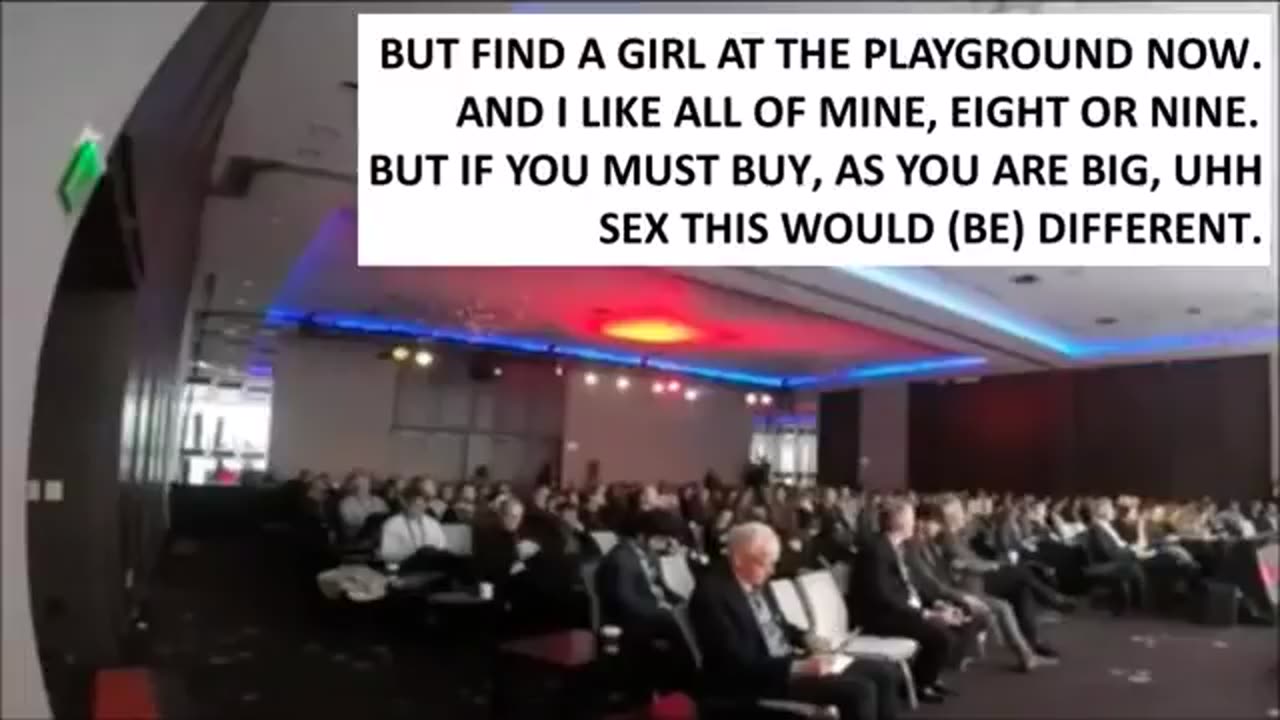
REVERSE SPEECH - PODESTA VS HEILEMANN AND RUSSIAN MYTH ANALYSIS
Interview between Podesta and Heilemann after 2016 election
In the aftermath of the 2016 US presidential election, John Podesta, the former chairman of Hillary Clinton’s campaign, sat down with journalist John Heilemann for an interview. The conversation covered a range of topics, including the Clinton campaign's strategy, the role of the media, and the impact of outside factors like the FBI's investigation into Clinton's emails. Here, we'll take a closer look at some of the key points from the interview.
One of the main themes that emerged from the conversation was the difficulty the Clinton campaign had in cutting through the noise of the media cycle. Podesta noted that the campaign's attempts to communicate a clear message were often overshadowed by the media's focus on "scandal and drama." He suggested that the media had a responsibility to provide a more balanced coverage of the candidates, rather than simply chasing ratings.
Podesta also acknowledged that the Clinton campaign made mistakes in its messaging, particularly in its failure to reach working-class voters. Heilemann pointed out that Donald Trump's campaign had been more successful in reaching this demographic, with messaging focused on job creation and economic growth. Podesta admitted that the Clinton campaign had not done enough to address the concerns of these voters and that the campaign's messaging had been too focused on social issues.
The conversation turned to the impact of outside factors on the election, such as the FBI's investigation into Clinton's emails. Podesta suggested that the investigation had been a major factor in the campaign, saying that it had created a cloud of suspicion around Clinton that was difficult to overcome. He also criticized FBI Director James Comey for his handling of the investigation, saying that Comey had violated longstanding protocols by publicly discussing the investigation and releasing information about it so close to the election.
Heilemann also asked Podesta about the role of the media in covering the leaked emails from the Clinton campaign that were released by WikiLeaks. Podesta argued that the media had been too willing to publish these emails, even though they were stolen and represented a clear attempt to influence the election. He suggested that the media should have been more skeptical of the source of the emails and more careful in how they covered them.
Finally, Podesta and Heilemann discussed the future of the Democratic Party and the challenges it would face in the years ahead. Podesta argued that the party needed to do a better job of reaching out to working-class voters and of communicating a clear message that resonated with all Americans. He also emphasized the importance of grassroots organizing and of building a strong coalition of support.
In conclusion, the interview between Podesta and Heilemann provided valuable insights into the 2016 election and the challenges faced by the Clinton campaign. The conversation highlighted the difficulties of cutting through the noise of the media cycle and the need for candidates to communicate a clear message that resonates with voters. It also underscored the impact of outside factors like the FBI's investigation into Clinton's emails and the media's coverage of the leaked emails from WikiLeaks. Moving forward, the interview suggested that the Democratic Party will need to focus on outreach to working-class voters and on building a strong coalition of support based on a clear and compelling message.
-
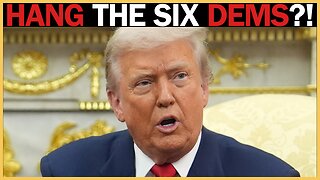 19:22
19:22
stateofdaniel
4 days agoPresident Trump STRIKES Back Against Democrats Who Encouraged Military to DEFY Him
8.46K9 -
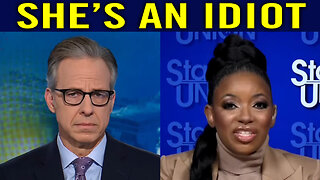 14:12
14:12
itsSeanDaniel
1 day agoThe Dumbest Liberal in Congress Just EMBARRASSED Herself
8.76K10 -
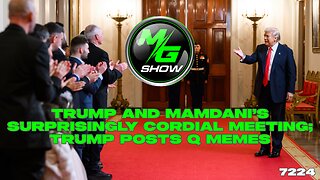 1:57:56
1:57:56
MG Show
18 hours agoTrump and Mamdani's Surprisingly Cordial Meeting; Trump Posts Q Memes
16.2K16 -
 1:10:51
1:10:51
MetatronGaming
1 day agoBroken Lore Don't Watch Full Game
44.5K2 -
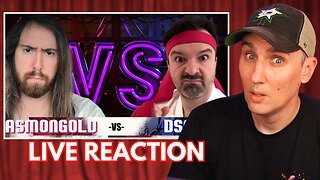 2:37:56
2:37:56
Side Scrollers Podcast
16 hours agoAsmongold vs DSP - HAPPENING NOW
12.9K10 -
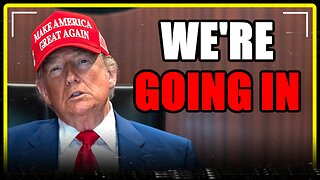 8:38
8:38
MattMorseTV
14 hours ago $9.97 earnedThe Operation is NOW UNDERWAY.
16.6K47 -
 1:12:29
1:12:29
PandaSub2000
1 day agoSonic Galactic | GAME ON...ly! (Edited Replay)
7.69K3 -
 19:15
19:15
Nikko Ortiz
1 day agoOstrich Gets A Taste For Human Blood
84.1K21 -
 24:26
24:26
GritsGG
12 hours agoGiga-Big Duo Game w/ Mr. Poff! Most Winning Duo EVER!
8.74K -
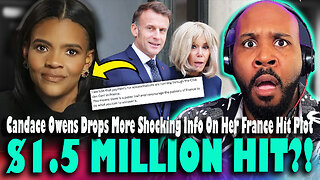 21:54
21:54
The Pascal Show
11 hours ago $2.42 earned$1.5 MILLION HIT?! Candace Owens Drops More Shocking Info On Her France Hit Plot THIS IS INSANE!
11.1K8